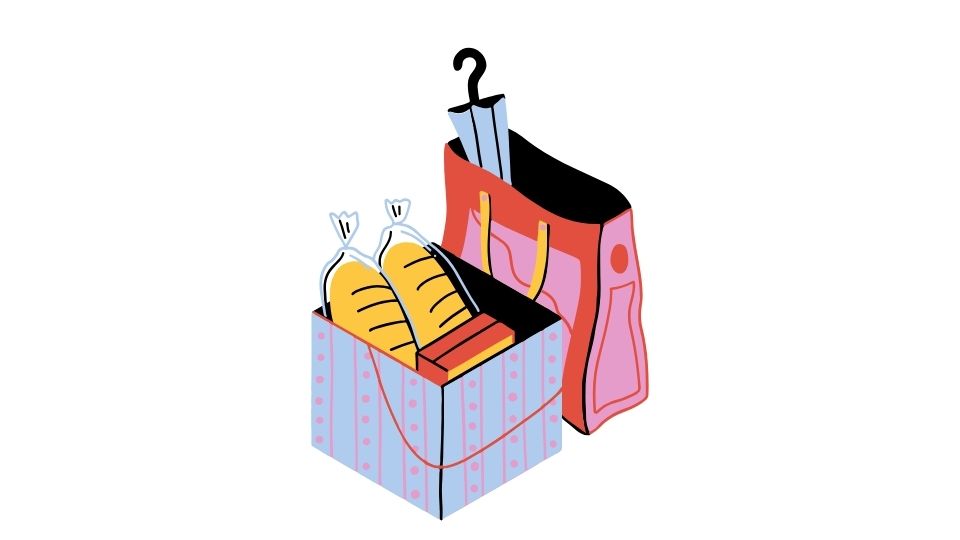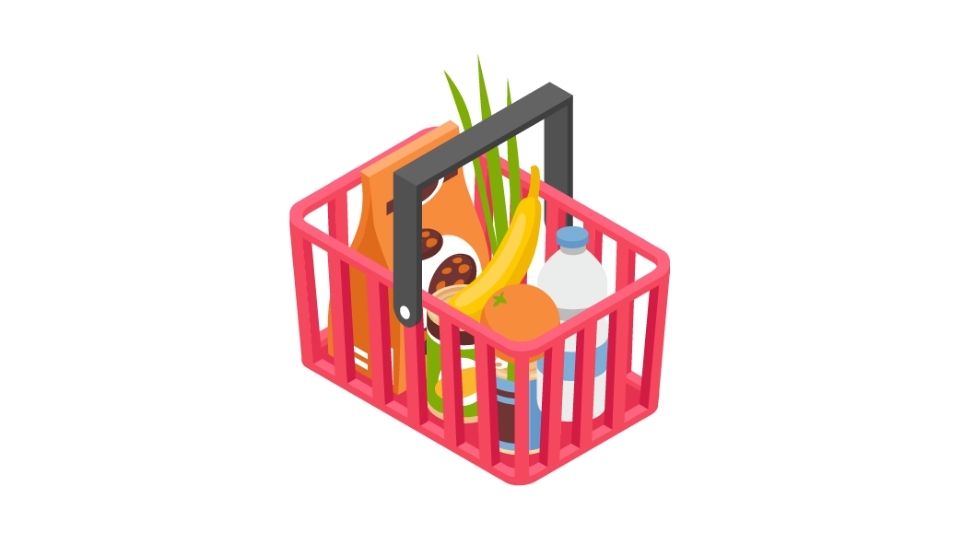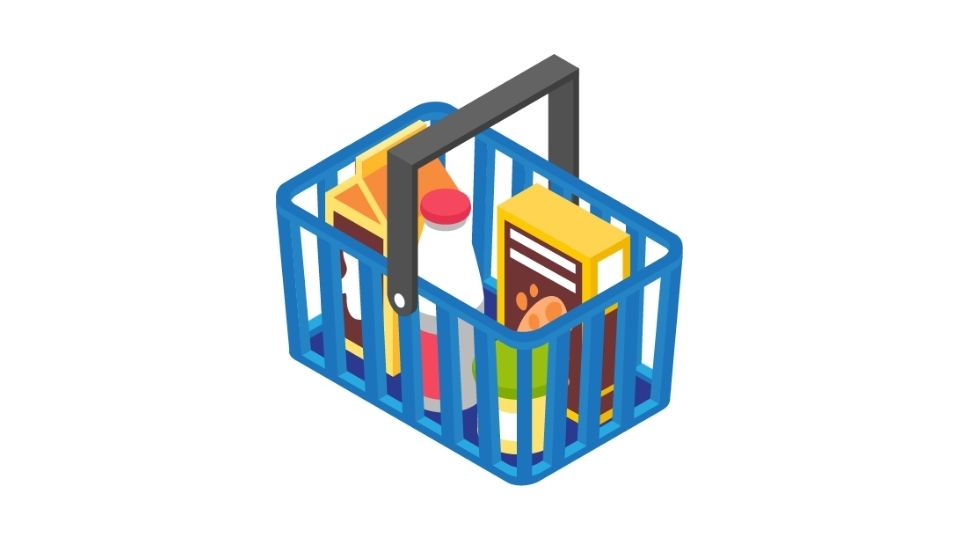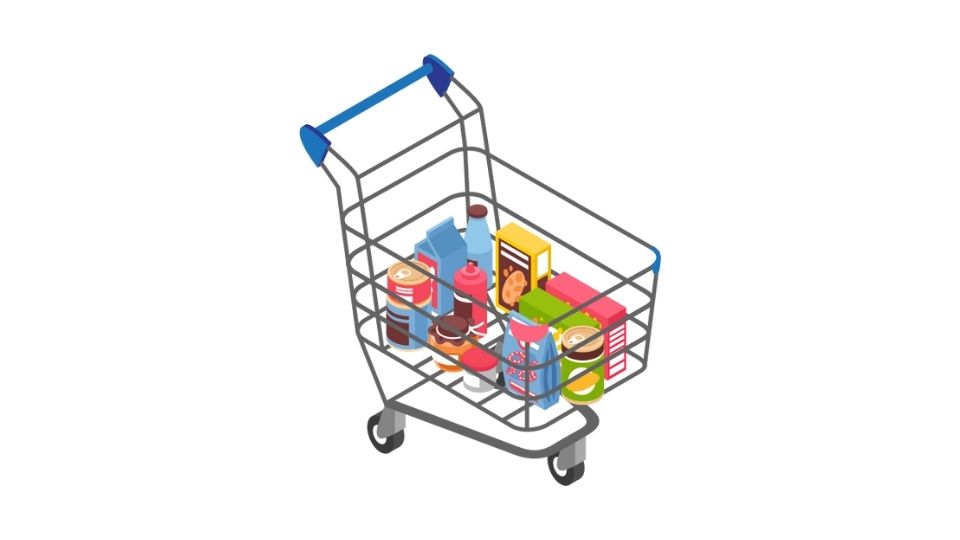Can I Use My Health Equity Card for Groceries?

Can your Health Equity card buy your groceries? (Spoiler: probably not)
Let me cut to the chase – you cannot use your Health Equity card to buy regular groceries. These cards are linked to accounts like HSAs and FSAs that are strictly for medical expenses, not your weekly food haul.
But wait – there are some exceptions, some weird rules, and a few ways you might actually be able to buy certain food items with these accounts.
Let’s dive in and see what’s allowed, what’s not, and how to avoid awkward moments at checkout.
Health Equity Cards: What You Need to Know
The Basic Rules: Medical Expenses Only

Your Health Equity card isn’t a regular debit card – it’s specifically designed to pay for qualified medical expenses as defined by the IRS. Think doctor visits, prescriptions, bandages, and other health-related items.
When you swipe your card at places like CVS or Walgreens, something magical happens in the background. The store’s system (called IIAS – Inventory Information Approval System) automatically sorts your purchases into “eligible” and “not eligible” items.
So if you’re buying both cold medicine and Cheetos, your Health Equity card will only pay for the medicine. You’ll need another payment method for those Cheetos. Sorry, snack lovers.
What Happens at Grocery Stores?
Let’s say you’re at Kroger or Walmart – stores that sell both groceries and medical items. Even though they have pharmacies and health sections, your Health Equity card will still only work for the qualified medical expenses.
So that box of Band-Aids?
That gallon of milk?
According to the IRS guidelines, regular food items just don’t qualify as medical expenses, no matter how healthy they might be. Your kale smoothie ingredients aren’t medical expenses, even if they make you feel amazing.
When Food Actually CAN Be Medical

Here’s where it gets interesting. In some specific situations, food CAN qualify as a medical expense. But the bar is pretty high:
- You need a medical condition diagnosed by a doctor
- You need a letter of medical necessity or prescription
- The food must treat a specific medical condition beyond just providing nutrition
Some examples of when food might qualify:
- Gluten-free foods for diagnosed celiac disease
- Special formulas for metabolic disorders
- Medical foods for conditions like phenylketonuria (PKU)
- Specialized products for severe food allergies
But even in these cases, you can usually only claim the cost difference between the special food and regular food. If regular bread costs $3 and your gluten-free bread costs $7, only the $4 difference might be eligible.
Common Misconceptions That’ll Get You in Trouble

I’ve seen a lot of confusion about what’s allowed, so let’s clear things up:
- “Healthy” doesn’t equal “medical” – Organic produce, protein powders, and “super foods” aren’t automatically HSA-eligible
- Vitamins and supplements usually aren’t covered unless prescribed by a doctor
- Weight loss programs only qualify if treating a specific disease diagnosed by a physician
- “But I saw it on TikTok!” is not a valid argument with the IRS
What To Do If Your Card Gets Declined
It’s happened to all of us – you’re in line, card gets declined, and now everyone behind you is sighing dramatically.
If your Health Equity card gets rejected when trying to buy groceries, don’t panic:
- Pay with another card (always have a backup!)
- If you believe the item actually qualifies, keep your receipt
- Submit a reimbursement claim with documentation
For truly eligible expenses that didn’t process correctly, you can submit what’s called a “Pay Me Back” claim through your Health Equity portal with proper documentation.
My Advice: Keep It Simple

After researching this topic and reading through countless Health Equity FAQs, here’s my practical advice:
- Use your Health Equity card ONLY for obvious medical expenses
- Pay for groceries with a regular card or cash
- If you have a medical condition requiring special foods, talk to your doctor about proper documentation
- When in doubt, separate your purchases – medical stuff in one transaction, groceries in another
Remember that misusing HSA or FSA funds for non-qualified expenses can result in taxes and penalties. The IRS doesn’t mess around with this stuff, and they can audit these accounts.
The Bottom Line
Your Health Equity card is an awesome tool for managing healthcare costs – but it’s not meant for your regular grocery run. Keep it simple, follow the rules, and save yourself the headache of declined transactions or potential tax issues.
For those rare cases where food is genuinely medically necessary, get the proper documentation, save your receipts, and understand the specific requirements before swiping that card.
Now if you’ll excuse me, I need to go buy some groceries… with my regular credit card.

